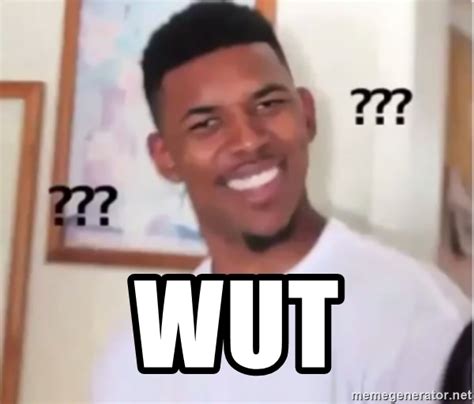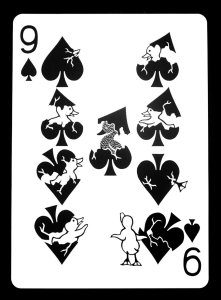This book is on my Classics Club reading list and it came up on the Spin List (#5) this last time around. My heart most definitely did NOT leap up when I beheld this title come up for reading, but I decided to give it a whirl.
And let’s just say…. Low expectations are wonderful. You’re never disappointed, and frequently surprisingly pleased.
I would venture to say that most people (including me) have never heard of this book, so a little background is in order. The History of Mr. Polly is a comic novel published by H.G. Wells in 1910. It’s actually a late novel for him, coming after his more famous works. And the word “comic” is the tiniest bit misleading, for this is definitely not a slap-your-knee funny kind of book. But it is amusing in an often farcical kind of way. It’s also interesting because it’s supposed to be semi-autobiographical, based on Wells’ early years as a tradesman. So it’s definitely worth your time.
The novel opens in medias res, with Mr. Alfred Polly at a crisis point in his life. He’s middle-aged, fat and unhappy. He’s trapped in a loveless marriage and an unsuccessful business. So the first part of the novel is to merely show how he got to this point of desperation, and to be honest, the story is very slow to take off. I had to keep prodding myself to keep going with it and not give up prematurely.
But it did, in fact, take off eventually. Part of it is just getting used to Mr. Polly himself. He’s a dreamer, a little bit of a ne’er-do-well, and the type of person that gets into situations before he even knows what’s going on. A prime example of this is his marriage to Miriam, a cousin whom he doesn’t really love. In spite of this, he finds himself proposing to her before he knows what’s happening. And things don’t get any better after the wedding, as you might expect. To wit:
Miriam combined earnestness of spirit with great practical incapacity. The house was never clean nor tidy, but always being frightfully disarranged for cleaning or tidying up, and she cooked because food had to be cooked and with a sound moralist’s entire disregard of the quality of the consequences. The food came from her hands done rather than improved, and looking as uncomfortable as savages clothed under duress by a missionary with a stock of out-sizes.
I gradually realized that Wells injects a great deal of humor via Mr. Polly’s view of the world. Likewise, Wells uses a kind of running gag throughout the book in Mr. Polly’s propensity for making up words or misusing words he thinks he knows:
A man whose brain devotes its hinterland to making odd phrases and nicknames out of ill-conceived words, whose conception of life is a lump of auriferous rock to which all the value is given by rare veins of unbusinesslike joy, who reads Boccaccio and Rabelais and Shakespeare with gusto, and uses “Stertoraneous Shover” and “Smart Junior” as terms of bitterest opprobrium, is not likely to make a great success under modern business conditions. Mr. Polly dreamt always of picturesque and mellow things, and had an instinctive hatred of the strenuous life. He would have resisted the spell of ex-President Roosevelt, or General Baden Powell, or Mr. Peter Keary, or the late Dr. Samuel Smiles, quite easily; and he loved Falstaff and Hudibras and coarse laughter, and the old England of Washington Irving and the memory of Charles the Second’s courtly days. His progress was necessarily slow. He did not get rises; he lost situations; there was something in his eye employers did not like; he would have lost his places oftener if he had not been at times an exceptionally brilliant salesman, rather carefully neat, and a slow but very fair window-dresser.
Things get worse and worse for Mr. Polly, until we find him in the circumstances with which the novel opens. And it’s here that he decides he will set fire to his shop and commit suicide at the same time. Of course, he bungles the whole thing horribly, but then his fortunes finally take a turn for the better, and he eventually experiences happiness and redemption (not in a sappy way, but in a completely genuine and compelling turn of events that leaves the reader highly satisfied).
The final word should be given to Mr. Polly:
I’ve never really planned my life or set out to live. I happened; things happened to me. It’s so with everyone.
I’m not sure I agree with Mr. Polly here, but it is the perfect summation of his approach to life, and the reason I enjoyed this book as much as I did. I’m glad I read it and would probably re-read it.
Just FYI, interestingly there have been a few movie and TV adaptations of the story, including one as recently as 2007. So I’m thinking that may be worth a look as well.













